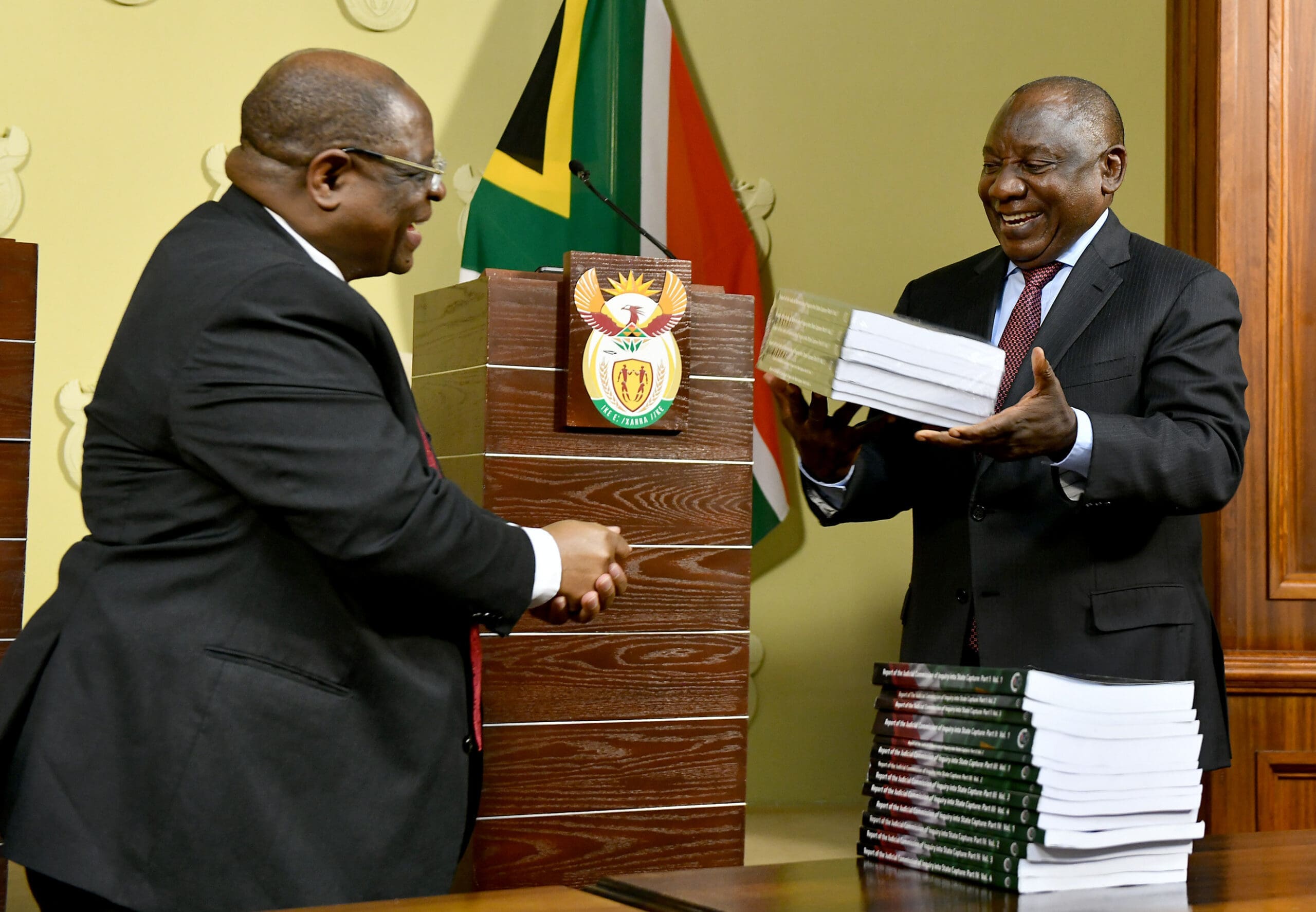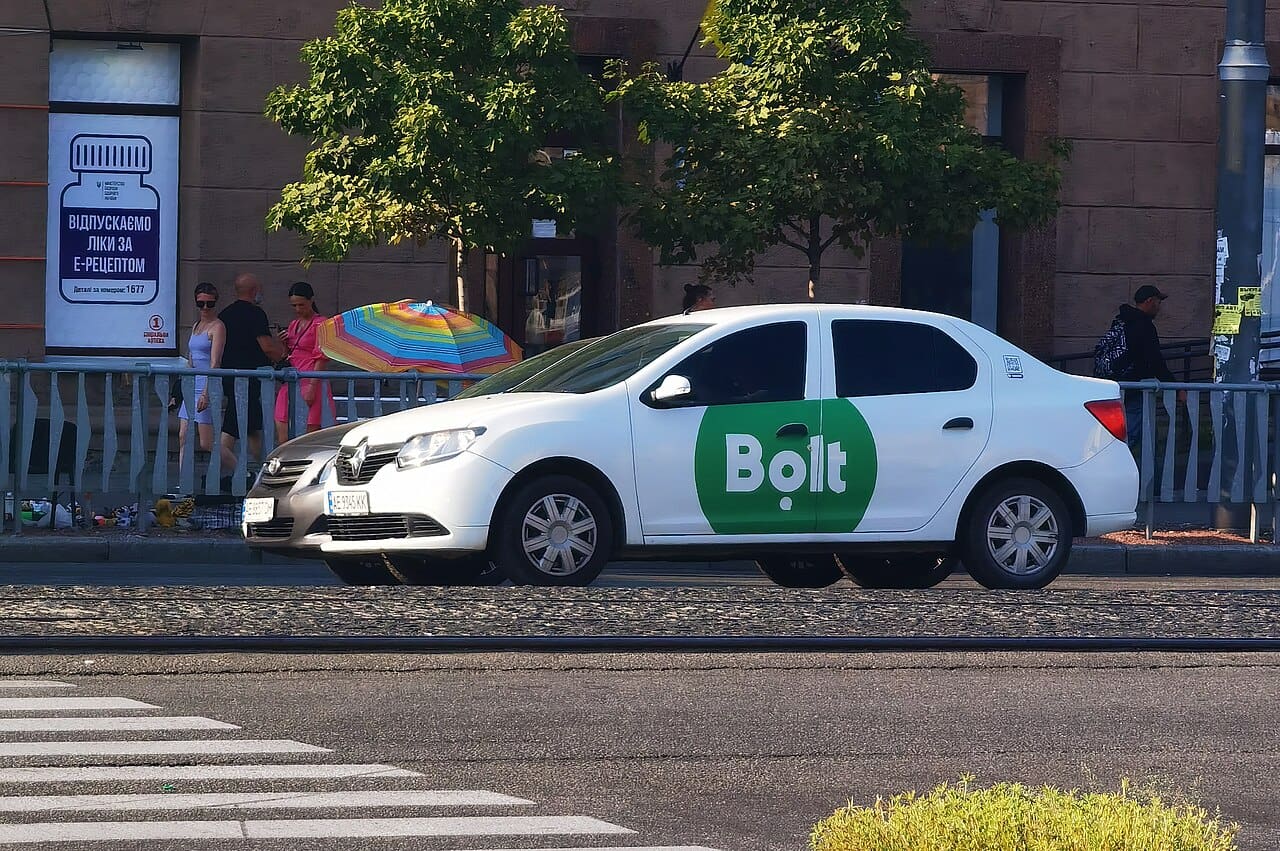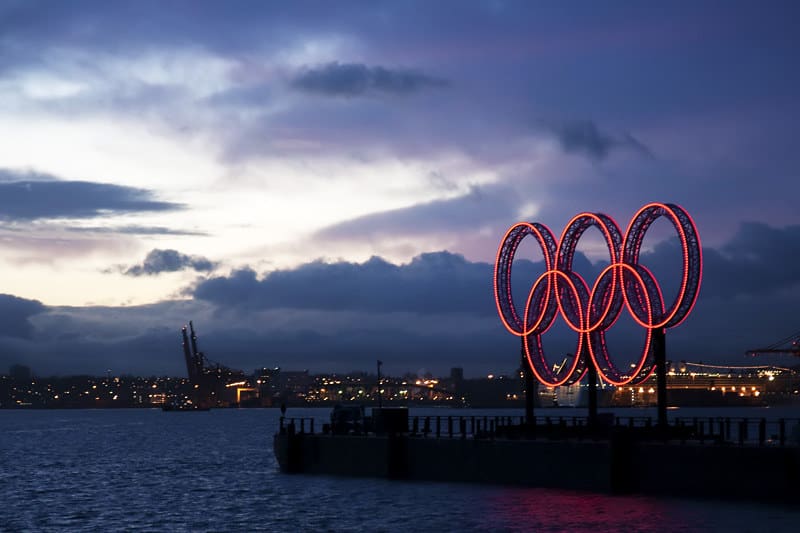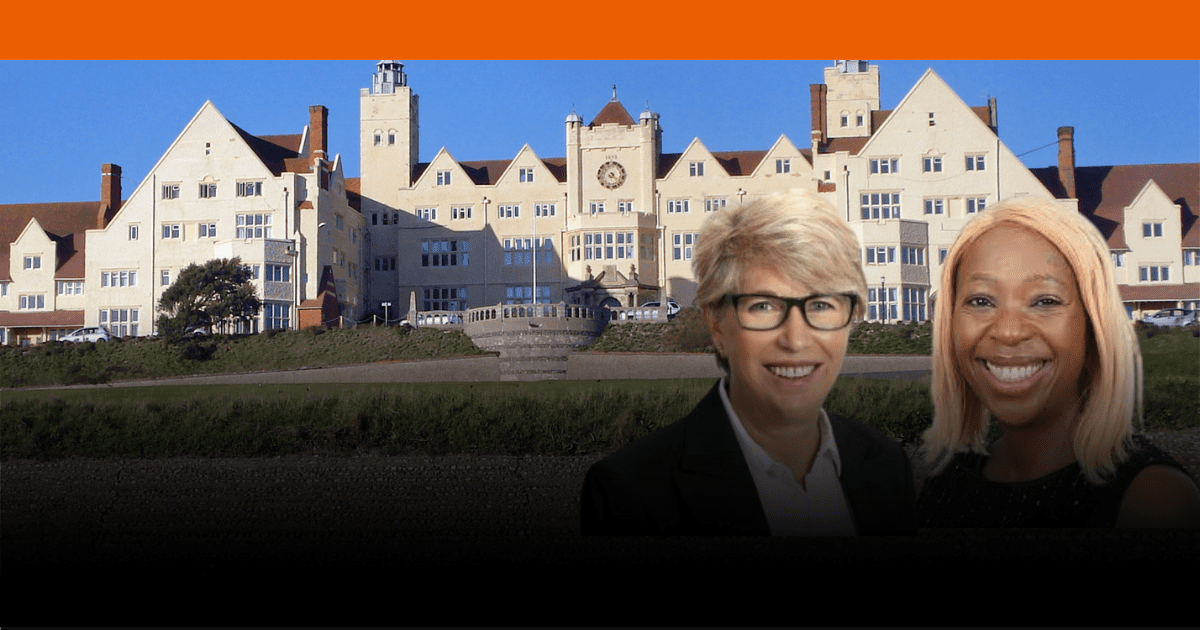President Cyril Ramaphosa has been quite busy. In recent months, has taken a series of disciplinary steps against members of his executive, from his controversial firing of DA Deputy Minister Andrew Whitfield for taking an unauthorised international trip to placing Police Minister Senzo Mchunu on special leave pending a commission of inquiry into allegations of interfering in police investigations.
Recently, he has axed the Higher Education Minister, Nobuhle Nkabane, over accusations of misleading Parliament about the appointments to the Sector Education and Training Authority board.
However, he has not always responded swiftly to critical issues. He has long been criticised for delays in acting against his fellow ANC members following the Zondo Commission’s findings, which exposed significant evidence of corruption among ANC ministers, with little being done to ensure accountability.
To discuss what these latest developments say about Ramaphosa’s leadership, explain spoke to Professor André Duvenhage, a research professor in South African Politics at North-West University, specialising in political change, dynamics, and scenario development.
1. How would you describe Ramaphosa’s leadership style, particularly when it comes to dealing with ministers accused of corruption?
If we examine President Ramaphosa’s leadership style, it’s a minimalist leadership style.
In many cases, he disappears entirely from the political scene, and he only reappears when a real crisis arises.
My primary impression of President Ramaphosa is that he is either working behind the scenes or is not prepared to take on the challenges of the South African political environment and those faced by his party. Therefore, when it comes to leadership quality, I must be very honest to say that he is not a political leader who inspires a country during times of crisis.
He’s also not prepared to make the decisions required in his position, which undermines the mandate given to him as the president of the country. The Democratic Alliance is pressuring him to take action against corruption, but he’s not prepared to do so.
2. Ramaphosa has placed Senzo Mchunu on ‘special leave’ rather than firing him like he did with Andrew Whitfield. What message does this message send?
All are equal, but some are more equal than others. If you are closer to the strong man within the system, your position is more secure. If you’re part of the opposition, you are more vulnerable.
Secondly, the ANC and Ramaphosa haven’t come to terms with the nature of coalition politics. The president’s opponents are using this against him, and they have a strong legal base to argue that the president is not prepared to act against his people. Even though many politicians were implicated according to the Zondo Commission report, no real action was taken.
3. Under the government of national unity, how do coalition dynamics influence Ramaphosa’s ability to take action against corruption?
He is forced to take action. He wouldn’t have taken any action against Senzo Mchunu if he hadn’t been forced.
What is happening is that the DA is forcing him to take action against corrupt ministers, and they are following a very direct approach, as we have seen with the budget. And the fact that they said they are not going to support the budgets of ministers who are associated with corruption.
Now, take, for example, a deputy minister like Andrew Whitfield, who tries to obtain permission to go overseas but doesn’t receive it, still goes anyway, and then gets fired. But then you have people seriously implicated in corruption or other forms of misconduct, and Ramaphosa has to be forced to act. That’s a serious problem.
4. Some argue that Ramaphosa’s slow or cautious approach risks normalising misconduct in government. Do you agree?
Some people, including analysts, say he’s playing the long game and isn’t willing to act immediately on issues.
By failing to act against corruption, people have started viewing Ramaphosa as a weak president. South Africans no longer trust his leadership; they’ve lost confidence in it.
5. What concrete steps would strengthen the credibility of the President’s anti-corruption agenda going forward?
I think one thing he can do is start acting on the findings of the Zondo Commission, specifically by holding ANC members implicated in corruption accountable in a direct way. That would boost his credibility.
He should also act on the findings of other commission reports. My take is that people don’t want more words; they want to see action, clear and decisive.
Ramaphosa is probably at the lowest point of his political career in terms of public support, especially since becoming president.
—————-
With public confidence in the government running low, Duvenhage views Ramaphosa’s leadership as lacking the decisiveness needed to address South Africa’s challenges, particularly in the area of corruption. He argues that the president’s seeming reluctance to act on the Zondo Commission findings undermines his credibility. As Duvenhage emphasises, only bold action against implicated politicians can restore public trust.
Ramaphosa’s current approach risks normalising misconduct and weakening his presidency. Without a decisive shift in leadership style, the president may find himself presiding over a government that, in the eyes of the public, appears to operate without integrity.
Lona is a recent graduate with an Honours degree in Journalism and Media Studies from Wits University. Passionate about storytelling, she is eager to learn, grow, and hone her writing skills.




